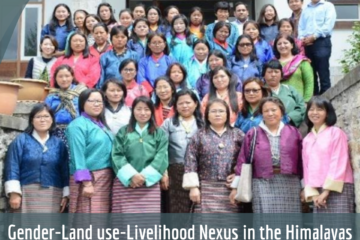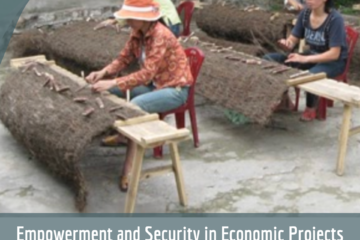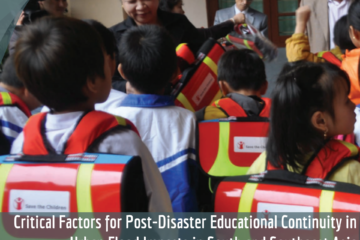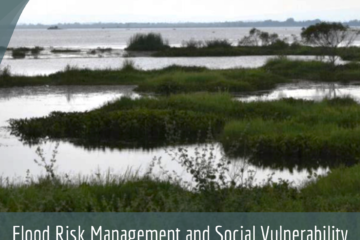Cities by Women: Embedding Climate Change Resilience in Himalayan Cities
The research focuses on gender mainstreaming in the nexus of climate change, land use, and informal livelihoods in Himalayan cities. Expected activities include:
1) survey and mapping to examine how women in informal settlements use the urban spaces for their livelihoods and what the impacts of climate change on their daily activities are;
2) stakeholder workshop and networking to address and inform the urban policy about women’s role in building climate change resilience in Himalayan cities.
Keywords Gender, Climate change, Informal livelihood, Urban space, Urban planning
(more…)


